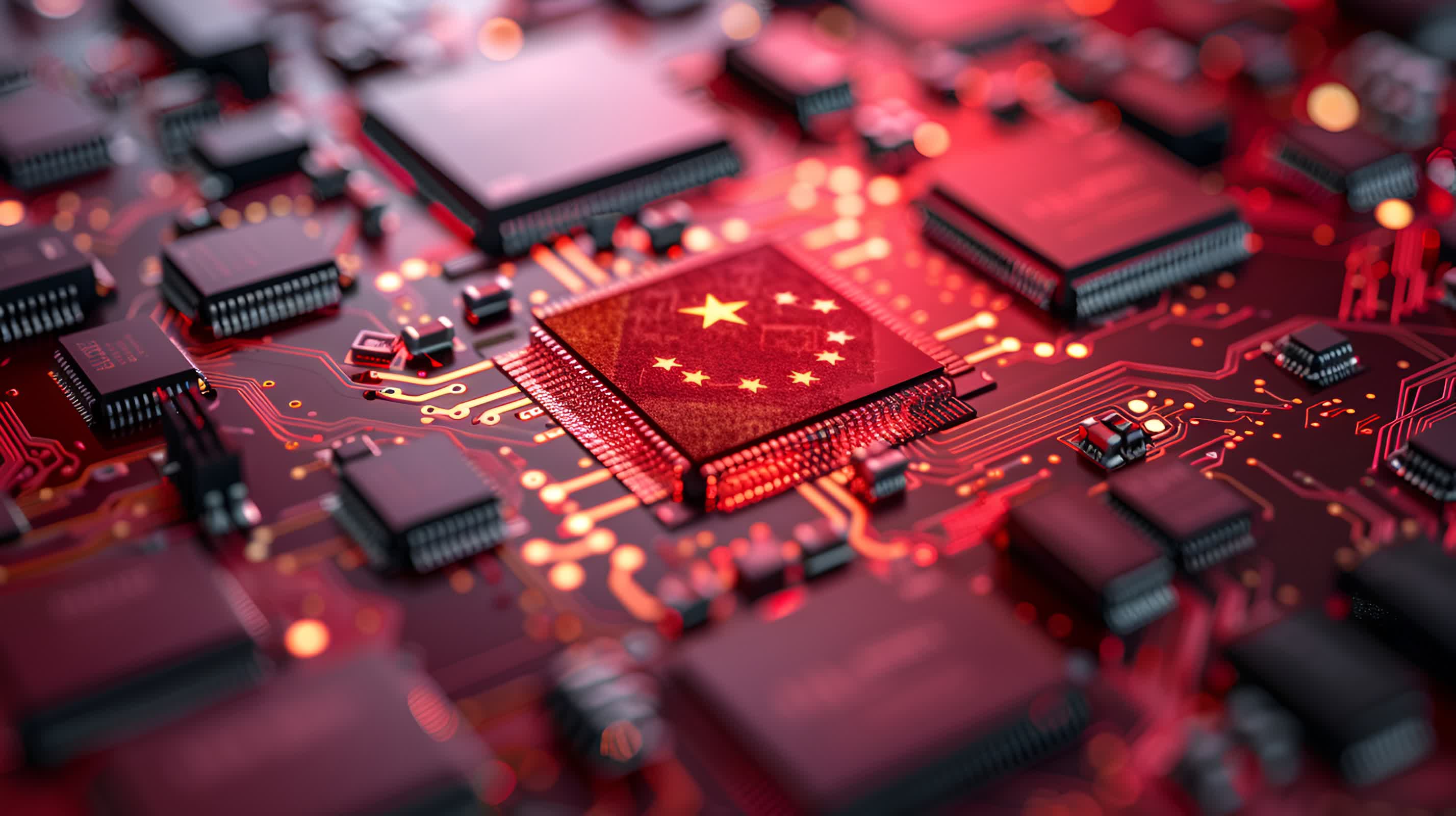TL;DR: White House technology adviser David Sacks has raised concerns that China is rapidly narrowing the gap with the United States in semiconductor design, estimating the difference is now just one and a half to two years. In a recent interview with Bloomberg, Sacks said Chinese companies, especially Huawei, have become adept at finding ways around US restrictions on advanced chip technology.

According to Sacks, Huawei is making swift progress in chip design and could soon begin exporting its hardware, although the company still faces challenges in producing high-end GPUs.
Huawei's momentum is visible in the Chinese market, where it is preparing to ramp up shipments of its new 910C AI chip to domestic customers. This chip, which integrates two of Huawei's previous 910B processors, is expected to deliver performance comparable to Nvidia's H100, one of the leading AI chips globally.
While this approach does not represent a technological breakthrough, it effectively doubles computational power and memory, offering Chinese firms a viable alternative as US export restrictions tighten.

Sacks warned that if Huawei and other Chinese firms succeed in bringing their products to the global market, American companies could face much stiffer competition in AI hardware and related technologies.
He also cautioned that overly strict US export controls could backfire. Limiting American chip sales too aggressively, he argued, might allow rivals to catch up and erode the US lead – especially if the United States misses opportunities to establish its technology as the global standard.
This concern, Sacks said, was one reason the Trump administration decided to drop a Biden-era rule that restricted GPU exports and required special licenses for some international buyers.
While Sacks acknowledged the importance of keeping the most advanced US chips out of China, he stressed that export controls should not hinder sales to allied countries that are willing to comply with American security requirements. He emphasized that the administration's goal is to make the US technology stack the preferred choice worldwide, giving American companies the largest possible share of the international market.
Sacks's comments come as Huawei's founder recently admitted the company's GPUs remain a generation behind the top US products. However, with many AI applications not requiring the latest hardware, Sacks suggested that Huawei could still become a formidable competitor if it can offer powerful, affordable products and build a strong ecosystem around them.
US tech czar warns China is only two years behind in semiconductor and chip design